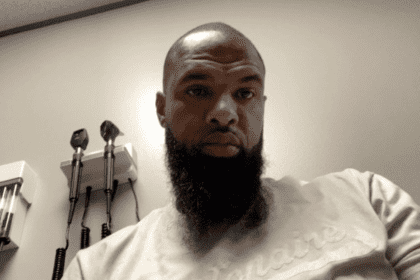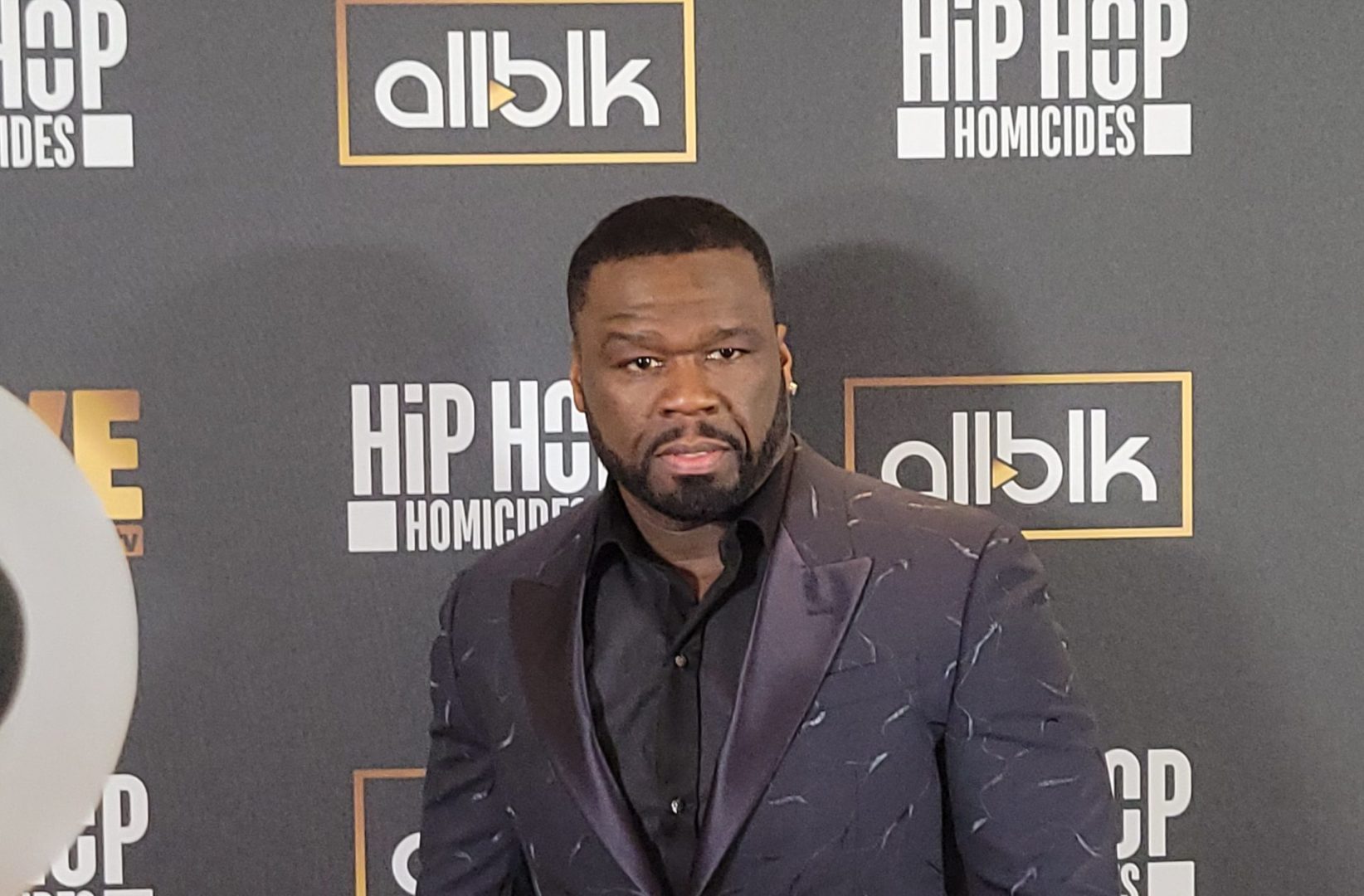The prosecution in A$AP Rocky’s case have taken issue with Rihanna bringing their children to court. The incident has sparked debate about the presence of family members during high-profile criminal proceedings.
The rapper is accused of firing a semi-automatic handgun at his former friend A$AP Relli in an altercation in November 2021 and District Attorney John Lewin has advised the jury in the case not to be swayed by the appearance of his sons being brought in to the courtroom by their mother Rihanna last week. Legal experts note that such warnings to juries are standard practice in high-profile cases.
“This is not something you’re allowed to consider. We are all responsible for what we do,” he told the jury, according to PEOPLE.
“I want to make sure that no matter how famous his [partner] is, no matter how cute his kids are, no matter how much they giggle during closing arguments… he needs to be treated like any other person. Because in the end that’s what he’s entitled to.” The statement reflects a fundamental principle of the American justice system – equal treatment under the law.
Rihanna and Rocky, both 36 – who have children RZA, two and Riot, 18 months, together – are said to have looked upset during his remarks. The couple has maintained a united front throughout the legal proceedings.
After a break, the judge addressed the comments from Lewin, saying: “From here on out, there should be no mention of Rihanna being in the courtroom or the babies being in the courtroom.” This directive aims to maintain focus on the legal matters at hand.
Rocky – whose real name is Rakim Mayers – has pled not guilty to two counts of assault with a semiautomatic firearm in connection with the November 2021 incident, when he said to have allegedly assaulted former friend A$AP Relli aka Terell Ephron. The charges carry significant potential consequences.
In court last week, Deputy District Attorney Paul Przelomiec told Judge Mark S. Arnold his office had offered a plea deal with 180 days in county jail if the ‘Multiply’ hitmaker pleaded guilty to the first count of assault with a semi-automatic firearm. Plea deals are common in criminal cases, with approximately 90% of cases being resolved through such agreements.
The agreement also included three years probation, a seven-year suspended jail term, 480 hours of community service and a 52-week anger management scheme, but with the maximum possible sentence being 24 years in prison if he was found guilty, he planned to push for at least 10 to 12 if the star was found guilty. These terms align with similar cases in the jurisdiction.
According to Rolling Stone, when asked if he had reviewed the deal with his team, Rocky – who has two sons with partner Rihanna – said: “Yeah, they spoke to me about it detail. I respectfully decline, thank you.” The decision to reject a plea deal often indicates a defendant’s confidence in their case.
“You’re not going to get any special treatment. Your status as an entertainer, your status as the significant other of Rihanna, that’s not going to inure to your benefit, and it’s not going to inure to your harm,” the judge told him. This statement reinforces the court’s commitment to impartial justice.
The case has drawn significant media attention, not only due to the serious nature of the charges but also because of the high-profile status of both Rocky and Rihanna. Legal analysts have noted that celebrity cases often face unique challenges in maintaining judicial objectivity.
The prosecution’s concerns about the presence of family members, particularly children, in the courtroom reflect a broader debate within the legal community about the impact of personal circumstances on jury decisions. Studies have shown that juror sympathy can be influenced by such factors, though courts strive to maintain focus on the evidence presented.
As the case proceeds, both the prosecution and defense teams must navigate the delicate balance between preserving the defendant’s right to family support and ensuring that the jury’s decision is based solely on the legal merits of the case. The outcome could set precedents for how similar situations are handled in future high-profile trials.












